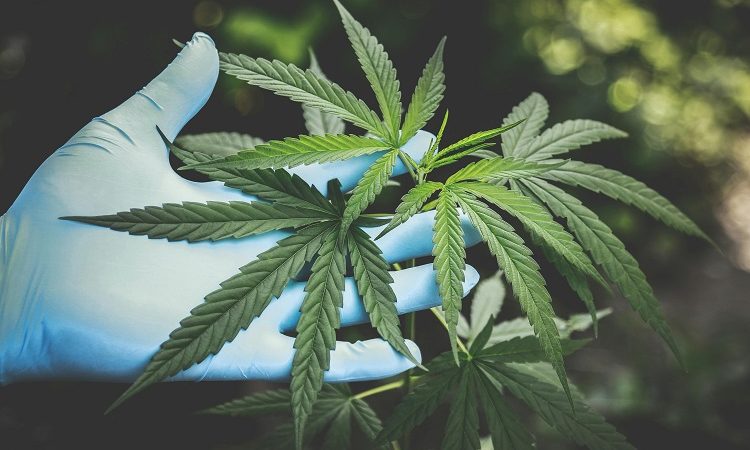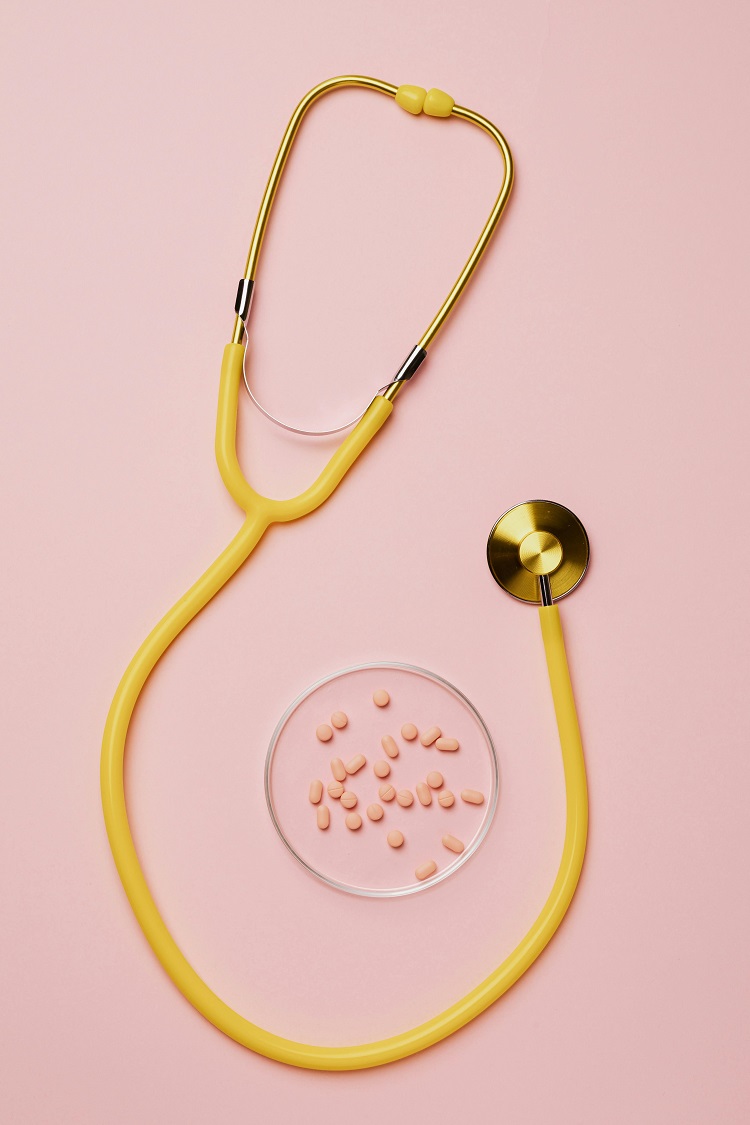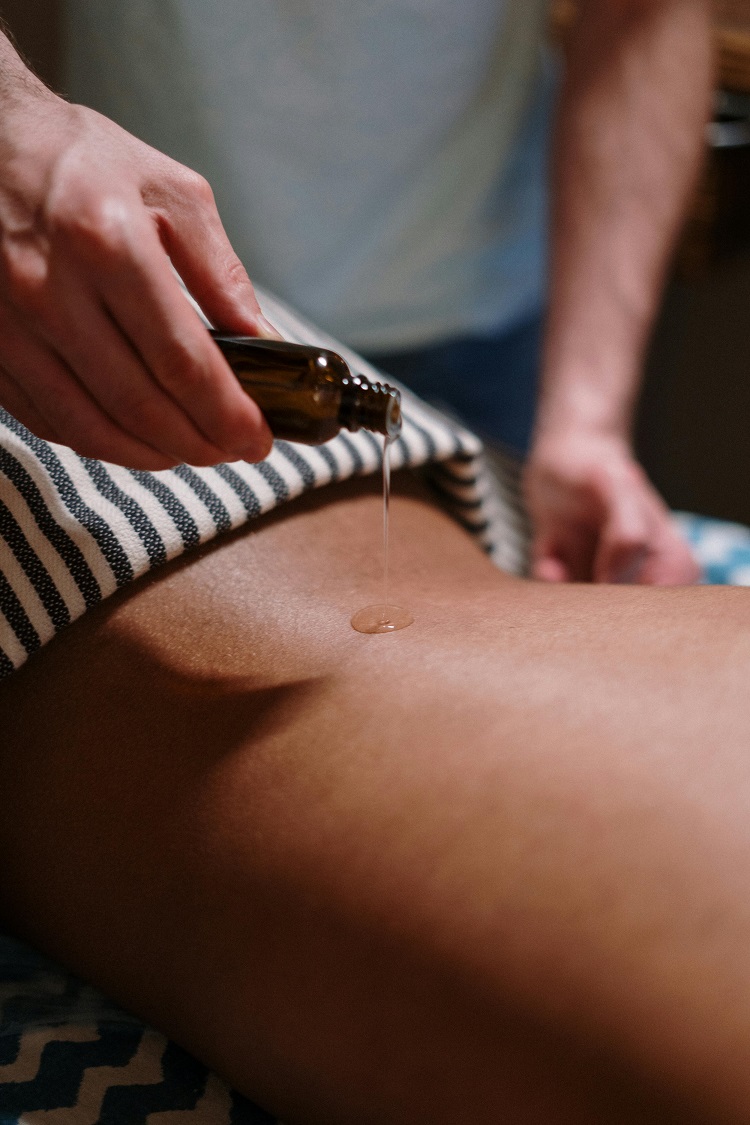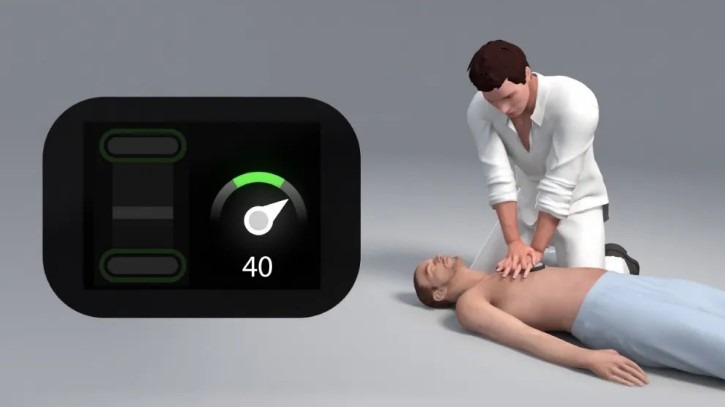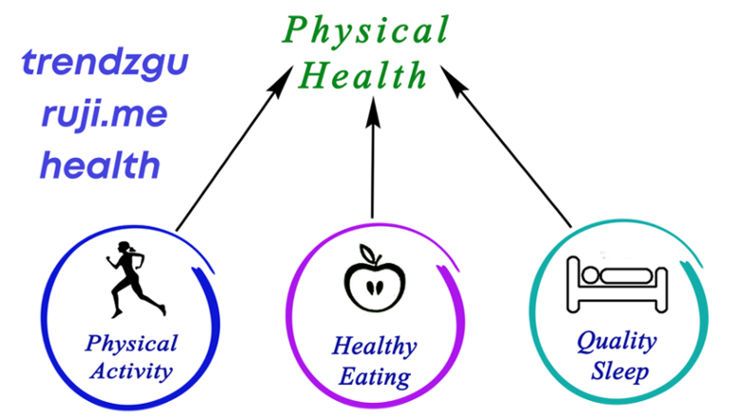4 Subtle Signs of Sleep Apnea and What You Can Do About It

Do you fear you might have sleep apnea?
Between 2-9% of people suffer from sleep apnea, but the real number could be quite a lot higher. The reason for this is that the onset of sleep apnea can come with incredibly subtle signs that you might not detect right away.
What are the warning signs of sleep apnea? In this post, we’re going to tell you four of those subtle signs of sleep apnea and what you can do to deal with them.
When detected and managed properly, sleep apnea can be easy to deal with. When it goes undetected, it can cause a lot of other health issues, so keep reading and learn whether or not your restless nights are due to sleep apnea.
-
Issues With Mood
People that suffer from sleep apnea stop breathing, sometimes dozens (or even hundreds) of times per night. Obviously, this doesn’t provide you with very restful sleep. When you don’t sleep, you’ll feel it in your mental health.
Prolonged sleep deprivation can even lead to bouts of depression. If you’ve noticed a change in your overall mood, it could actually be the result of undiagnosed sleep apnea. Talk to your doctor about how you’ve been feeling to get to the bottom of this change in mood.
-
Loud Snoring
It’s hard to diagnose your own snoring, but if you’ve got a spouse, partner, or even a roommate, they can probably help you with this one. Consult any guide to sleep apnea and you’ll find out that loud snoring is a telltale sign.
The reason that we’ve included this as a subtle sign of sleep apnea is that snoring is so common among people with and without it. If you snore loudly on a nightly basis and it coincides with some of these other symptoms, it could actually be sleep apnea.
-
Dry, Sore Throat
We’ve all woken up with dry mouth before and had to chug a gallon of water to get rid of it. This isn’t necessarily normal – especially if you get the right amount of water per day – and likely means that you’re sleeping with your mouth wide open.
Sleeping with your mouth agape is one of the more common signs of sleep apnea in adults. Talk to your doctor if this is a common occurrence for you.
-
High Blood Pressure
When you learn more about sleep apnea, you’ll see some pretty frightening health problems that could result. Untreated sleep apnea can lead to high blood pressure, heart attack, stroke, enlargement of the heart, and diabetes.
Sadly, it’s difficult to predict these emergencies, which makes it important to get on top of sleep apnea early. One thing you can do, if you suspect that you have sleep apnea, is to purchase a home blood pressure monitor. Take your BP daily to monitor any changes and talk to your doctor.
Acting On Subtle Signs of Sleep Apnea
If you can pick up on these subtle signs of sleep apnea, then you can take the measures to stop it in its tracks. Mild sleep apnea can be treated with better fitness, better eating, avoiding alcohol, and using nose sprays to open up the nasal passage. Obtrusive sleep apnea may require a CPAP machine.
Did you find this helpful? Visit our site for more on health and fitness.
